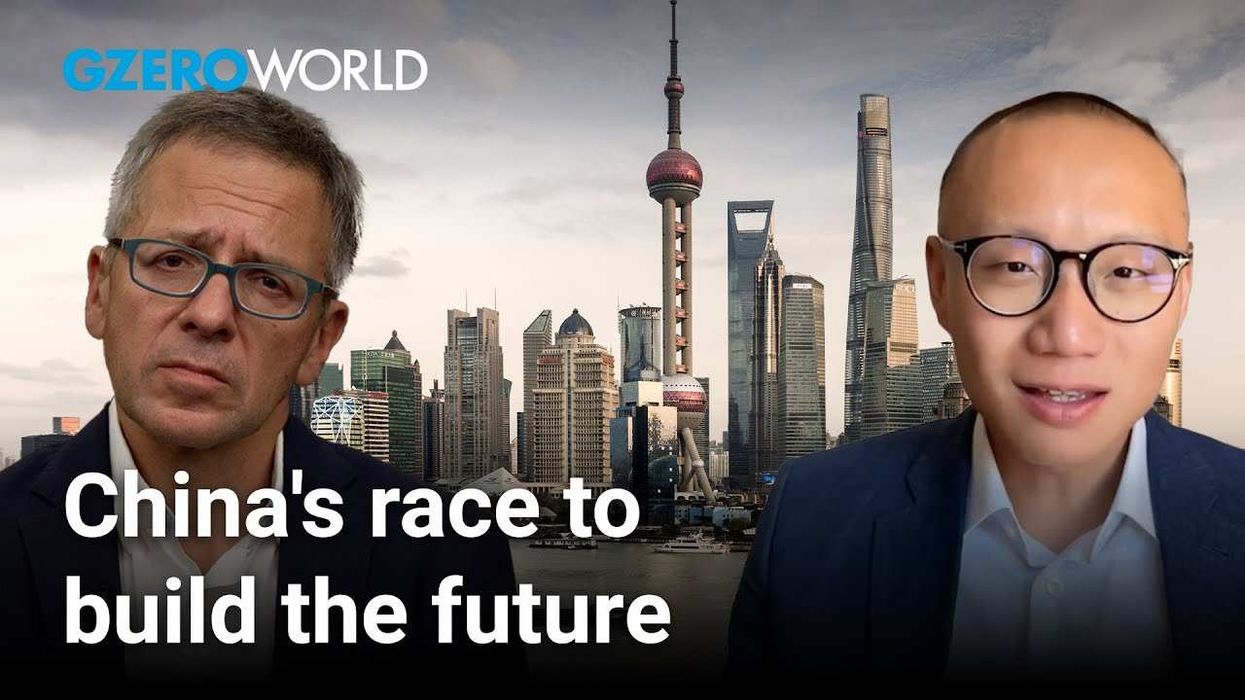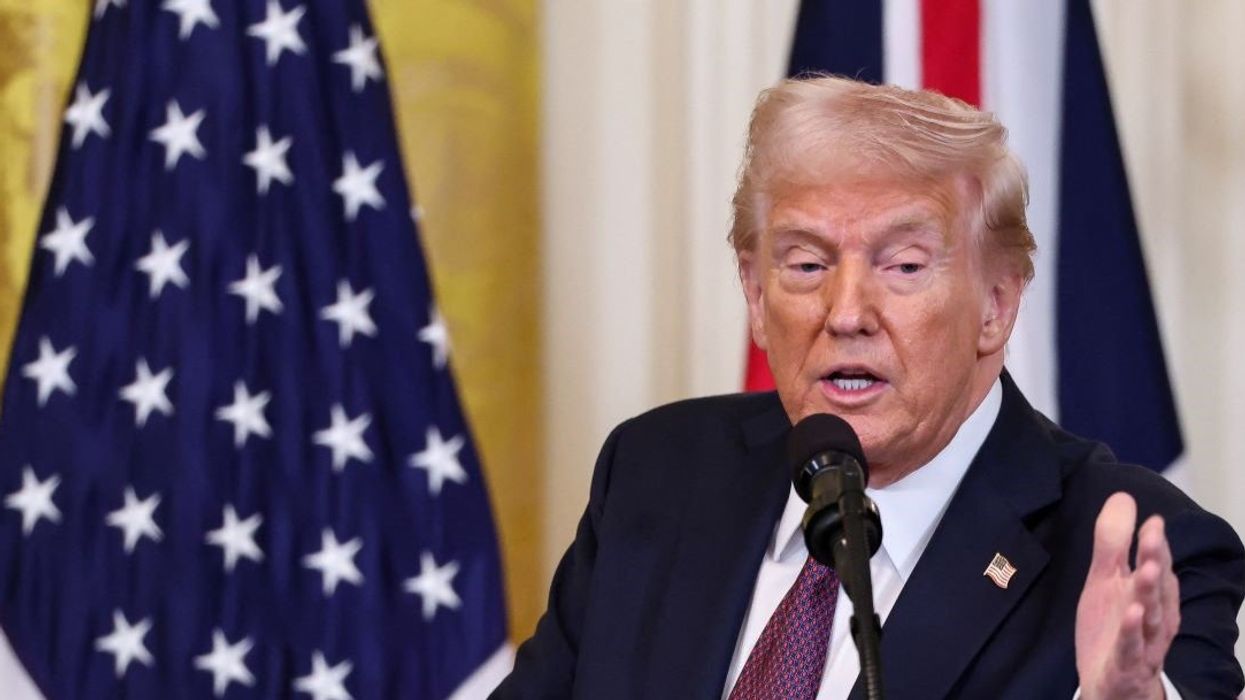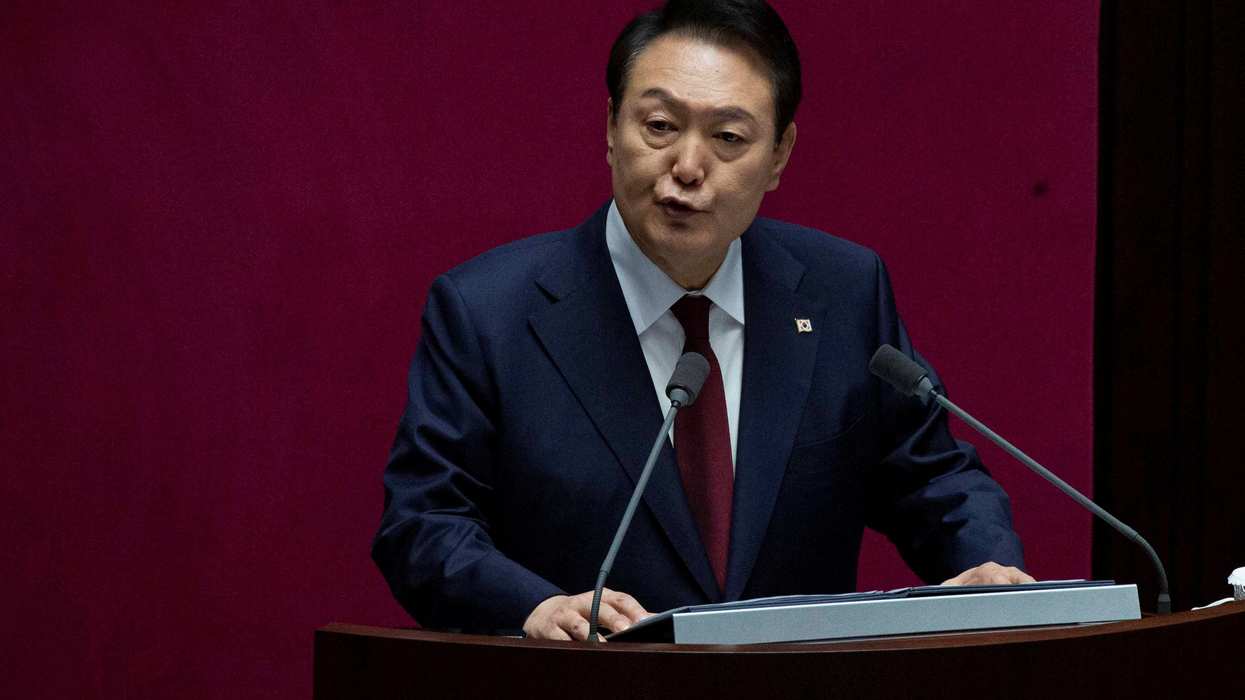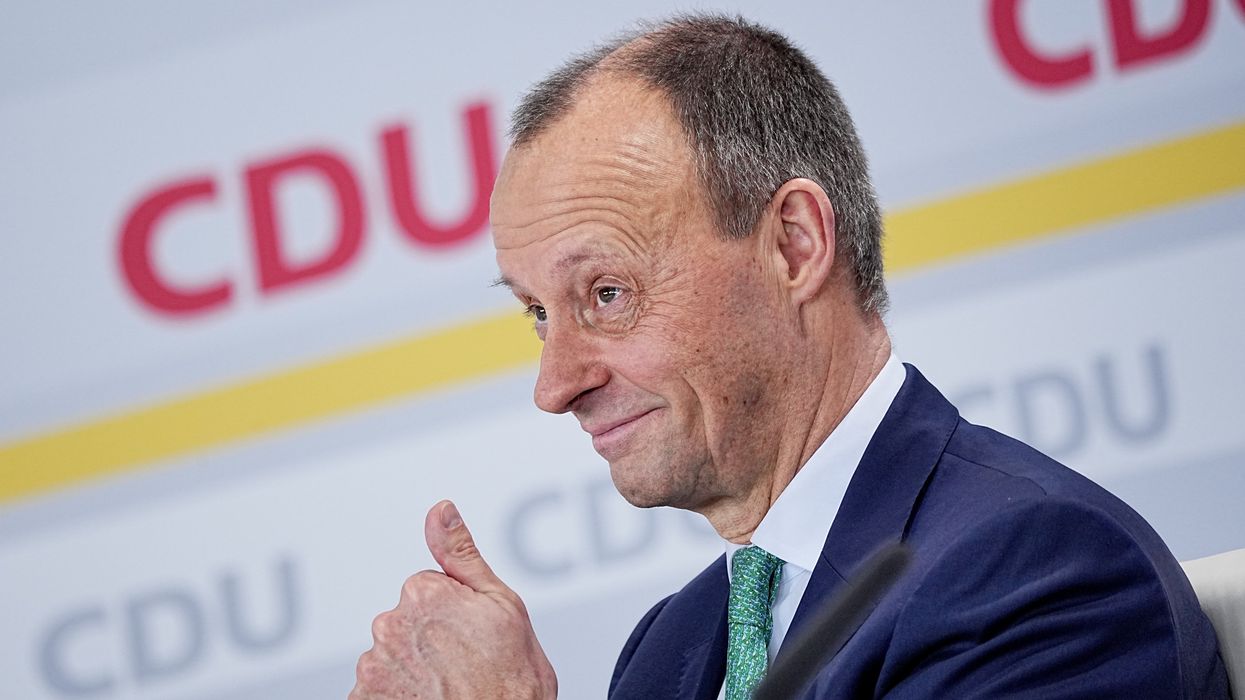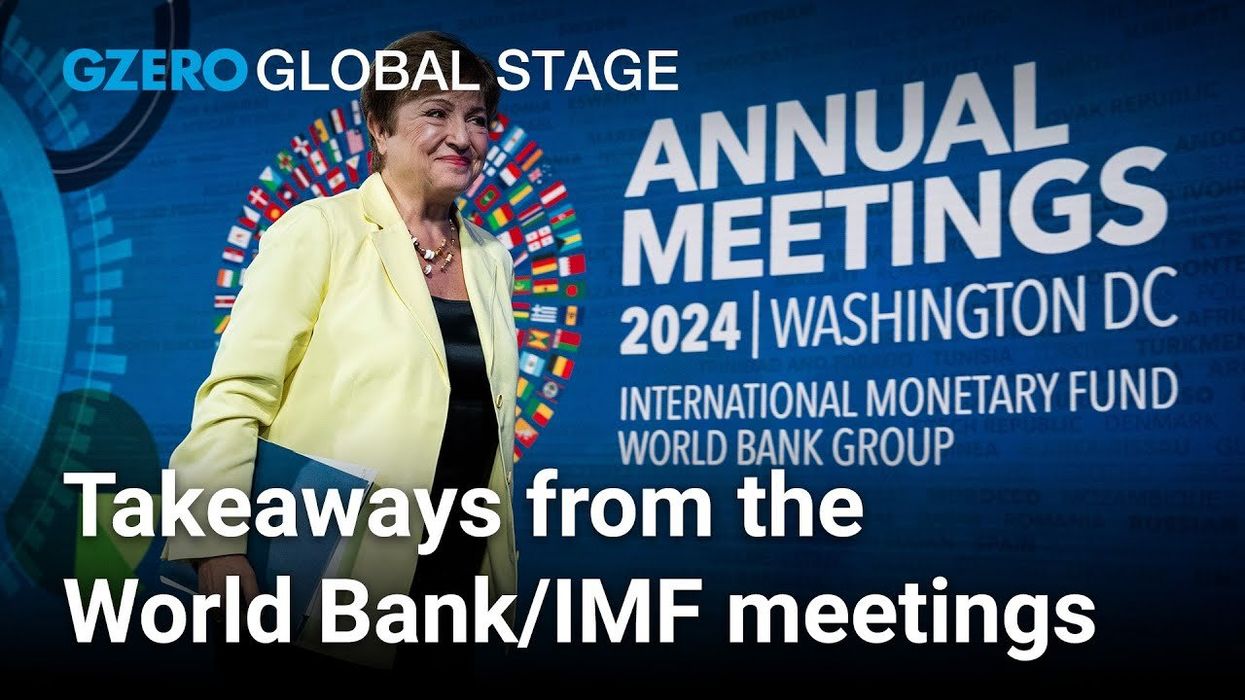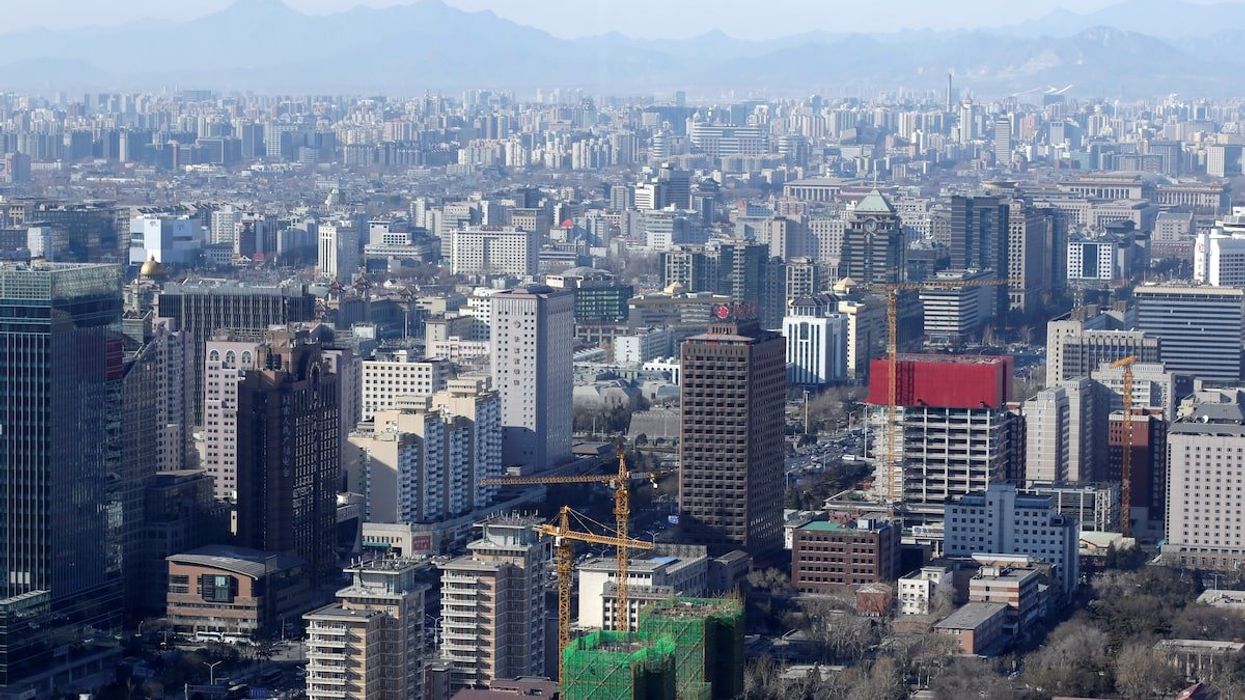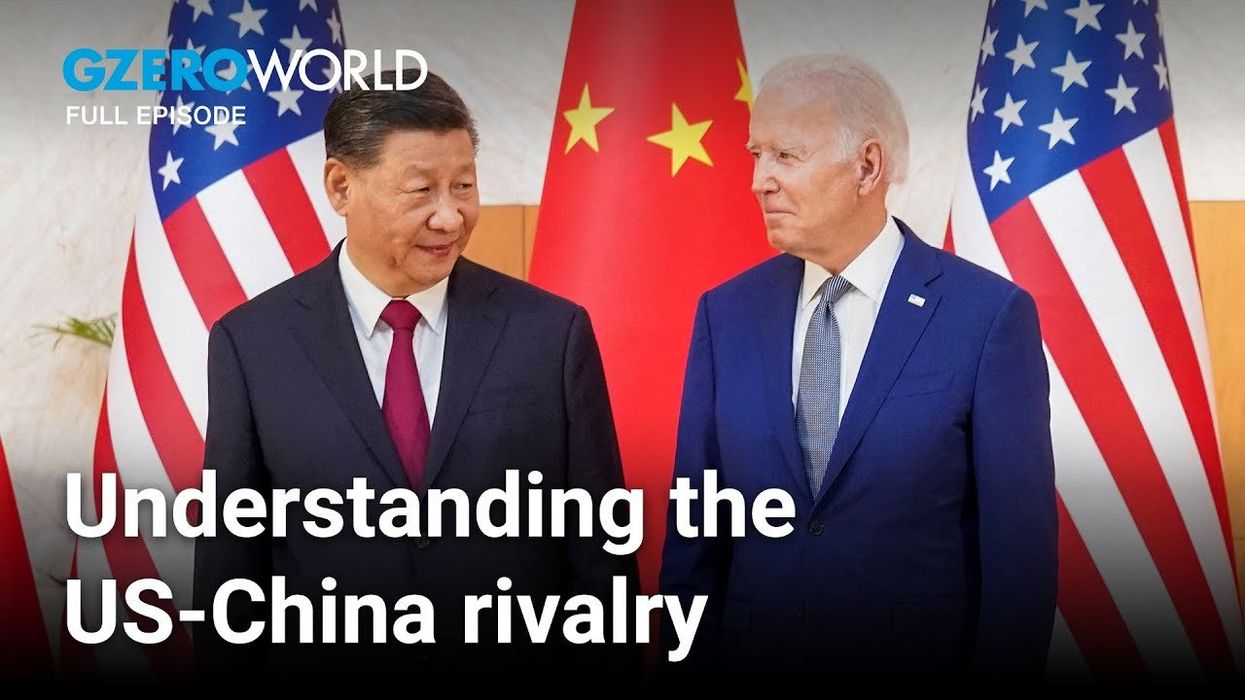Analysis
China’s economy is growing, but it’s stuck in a deflationary trap
For China, hitting its annual growth target is as much a political victory as an economic one. It is proof that Beijing can weather slowing global demand, a slumping housing sector, and mounting pressure from Washington.
Jan 27, 2026

